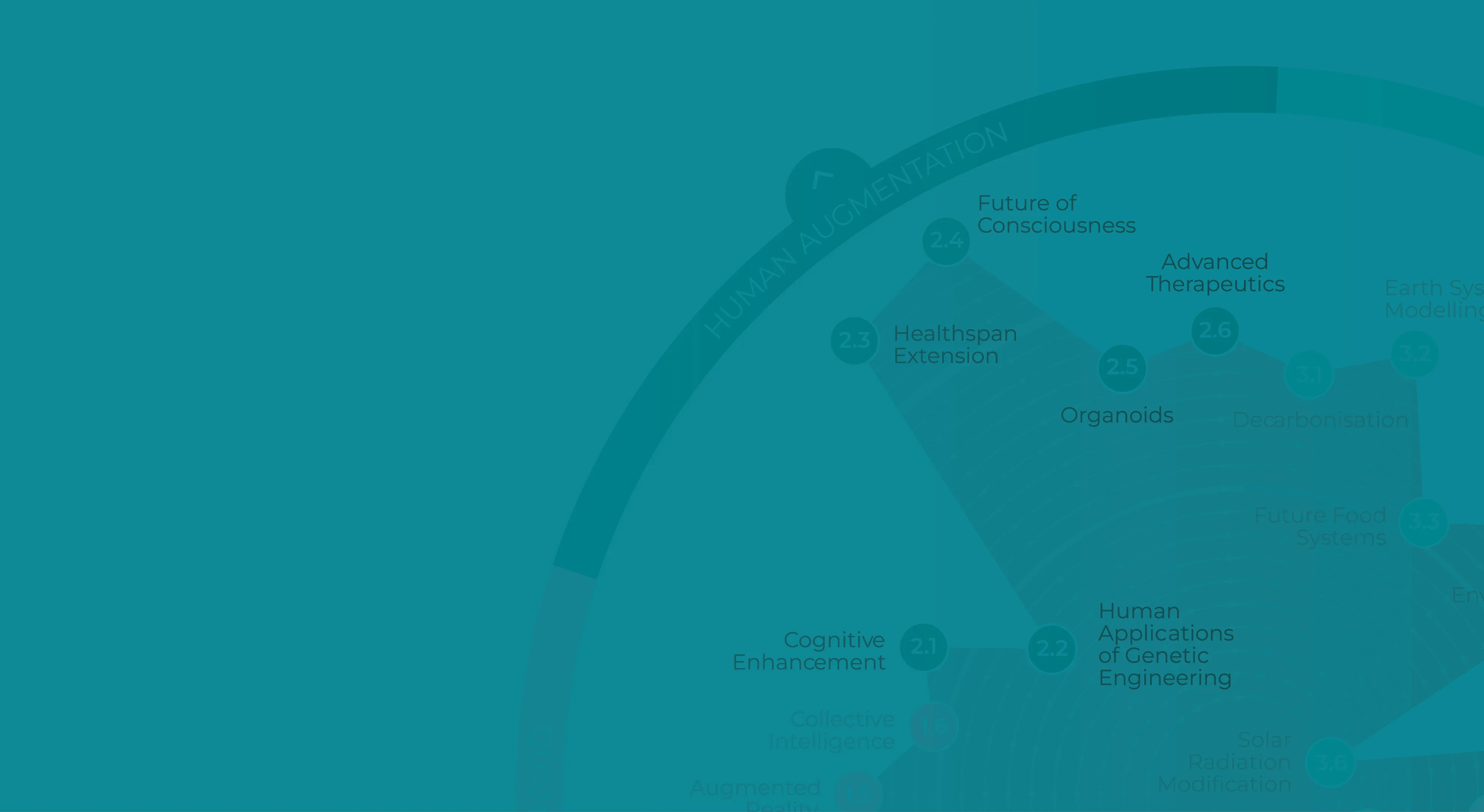If any of these innovations are to achieve their full potential for improving human well-being and establishing more inclusive societies, questions of how, why and for whom they are deployed must be addressed. Here, we examine the research on human augmentation now under way, and anticipate how opportunities may be realised for future breakthroughs to be truly transformational.







